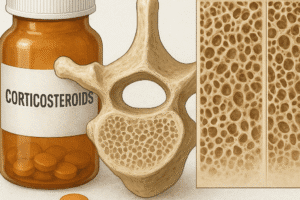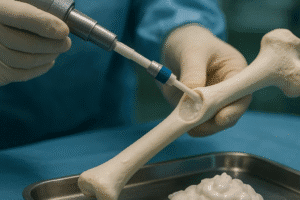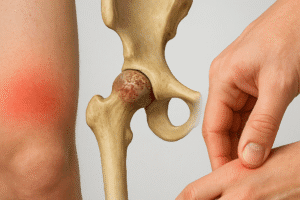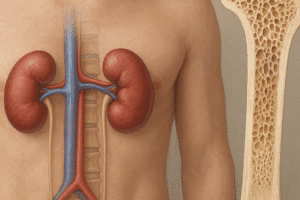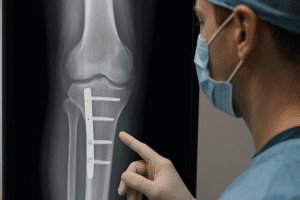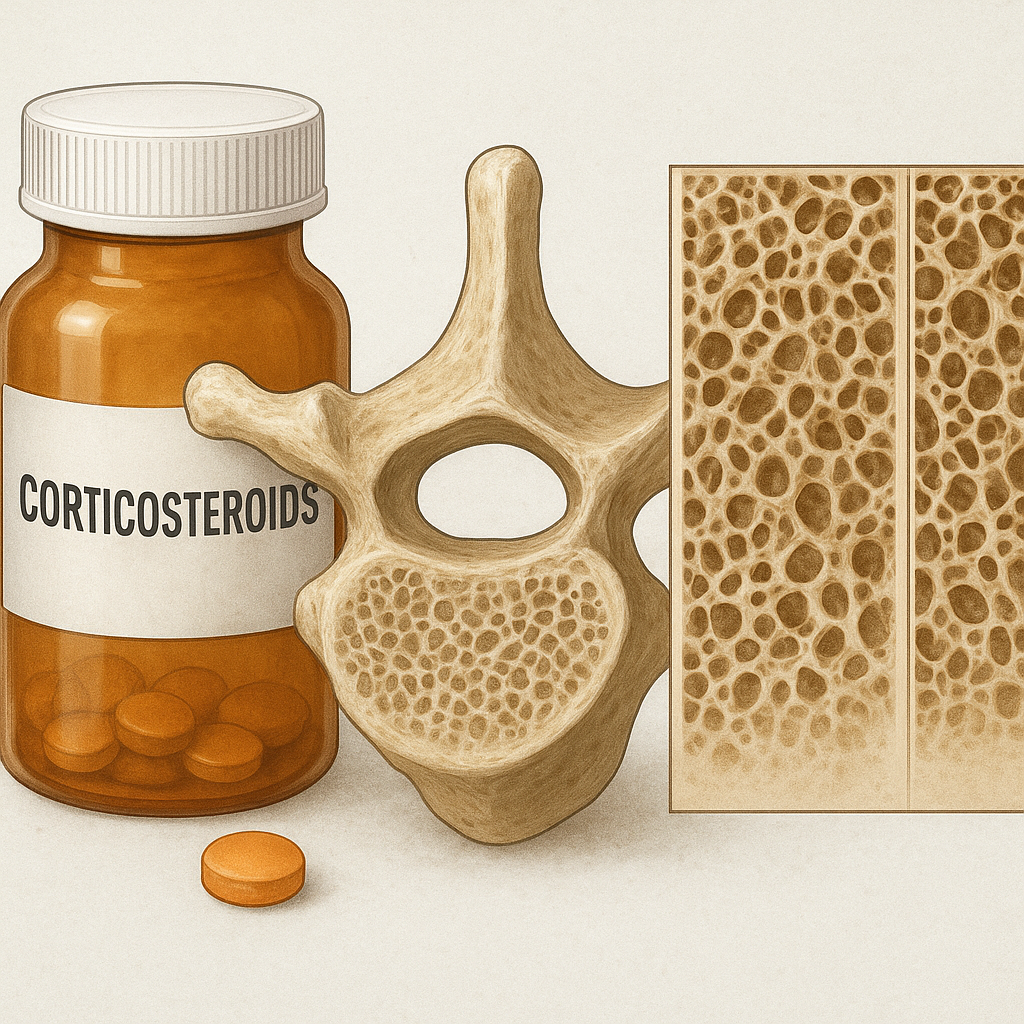Proper care for bones after surgery or injury is crucial for ensuring a smooth recovery and restoring functionality. Whether you have undergone a surgical procedure or sustained an injury, understanding the best practices for bone care can significantly impact your healing process. This article will explore essential strategies for bone care, including post-operative guidelines, nutrition, physical therapy, and lifestyle adjustments that promote optimal recovery.
Understanding Bone Healing
Bone healing is a complex biological process that involves several stages. After an injury or surgery, the body initiates a healing response that includes inflammation, bone formation, and remodeling. Each stage requires specific care to ensure that the bones heal correctly and regain their strength. Understanding these stages can help patients and caregivers provide the necessary support during recovery.
The Stages of Bone Healing
- Inflammation: This initial stage occurs immediately after the injury or surgery. Blood vessels constrict to reduce blood loss, and inflammatory cells migrate to the site to begin the healing process. This stage typically lasts for a few days.
- Soft Callus Formation: Within a week or two, the body starts to form a soft callus made of collagen and cartilage around the fracture site. This soft tissue provides initial stability and serves as a scaffold for new bone growth.
- Hard Callus Formation: Over the next several weeks, the soft callus is gradually replaced by hard bone. This process can take several weeks to months, depending on the severity of the injury and the individual’s health.
- Bone Remodeling: The final stage of healing can last for several months to years. During this phase, the newly formed bone is reshaped and strengthened through mechanical stress and activity.
Post-Operative Care Guidelines
After surgery, following specific post-operative care guidelines is essential for promoting bone healing and preventing complications. These guidelines may vary depending on the type of surgery and the individual’s health status, but some general principles apply to most cases.
1. Follow Medical Advice
Always adhere to the instructions provided by your healthcare provider. This includes taking prescribed medications, attending follow-up appointments, and following any specific recommendations related to your surgery.
2. Manage Pain and Swelling
It is common to experience pain and swelling after surgery. Use ice packs to reduce swelling and take pain medications as prescribed. Elevating the affected area can also help minimize swelling.
3. Limit Weight Bearing
Depending on the nature of your surgery or injury, you may need to limit weight-bearing activities. Use crutches, a walker, or a brace as recommended by your healthcare provider to avoid putting undue stress on the healing bone.
4. Maintain Hygiene
Keeping the surgical site clean and dry is vital to prevent infection. Follow your healthcare provider’s instructions on how to care for the incision site, including when to change dressings and when to shower.
5. Monitor for Complications
Be vigilant for signs of complications, such as increased pain, redness, swelling, or discharge from the surgical site. If you notice any concerning symptoms, contact your healthcare provider immediately.
Nutritional Support for Bone Healing
Nutrition plays a significant role in bone healing. A well-balanced diet rich in essential nutrients can support the body’s healing processes and promote bone strength. Here are some key nutrients to focus on during recovery:
1. Calcium
Calcium is a critical mineral for bone health. It helps in the formation of new bone tissue and is essential for maintaining bone density. Good sources of calcium include:
- Dairy products (milk, cheese, yogurt)
- Leafy green vegetables (kale, broccoli)
- Fortified foods (orange juice, cereals)
- Fish with bones (sardines, salmon)
2. Vitamin D
Vitamin D is vital for calcium absorption and bone health. The body can produce vitamin D when exposed to sunlight, but it can also be obtained from dietary sources such as:
- Fatty fish (tuna, mackerel)
- Egg yolks
- Fortified foods (milk, cereals)
- Supplements, if necessary
3. Protein
Protein is essential for tissue repair and the formation of new bone. Ensure you include adequate protein sources in your diet, such as:
- Lean meats (chicken, turkey)
- Fish
- Legumes (beans, lentils)
- Nuts and seeds
- Dairy products
4. Other Essential Nutrients
In addition to calcium, vitamin D, and protein, other nutrients also play a role in bone health:
- Magnesium: Found in nuts, seeds, whole grains, and green leafy vegetables.
- Vitamin K: Important for bone metabolism, found in green leafy vegetables and fermented foods.
- Omega-3 Fatty Acids: Found in fatty fish, flaxseeds, and walnuts, which can help reduce inflammation.
Physical Therapy and Rehabilitation
Engaging in physical therapy and rehabilitation is crucial for restoring strength and mobility after surgery or injury. A tailored rehabilitation program can help you regain function and prevent complications such as stiffness and muscle atrophy.
1. Start Early
Depending on your condition, your healthcare provider may recommend starting physical therapy soon after surgery. Early mobilization can help improve circulation, reduce swelling, and promote healing.
2. Follow a Structured Program
Work with a physical therapist to develop a structured rehabilitation program that includes:
- Range of motion exercises to improve flexibility
- Strengthening exercises to rebuild muscle
- Balance and coordination training to prevent falls
3. Gradual Progression
Progress through your rehabilitation program gradually. Avoid pushing yourself too hard, as this can lead to setbacks. Listen to your body and communicate with your therapist about any pain or discomfort.
4. Incorporate Functional Activities
As you progress, incorporate functional activities that mimic daily tasks. This can help you regain confidence and prepare for a return to normal activities.
Lifestyle Adjustments for Optimal Recovery
In addition to medical care, nutrition, and physical therapy, making certain lifestyle adjustments can further enhance your recovery process. Here are some key considerations:
1. Stay Hydrated
Proper hydration is essential for overall health and can aid in the healing process. Aim to drink plenty of water throughout the day, especially if you are taking medications that may cause dehydration.
2. Avoid Smoking and Limit Alcohol
Smoking can impair blood flow and delay healing, while excessive alcohol consumption can interfere with bone health. If you smoke, consider seeking support to quit, and limit alcohol intake during your recovery.
3. Get Adequate Rest
Rest is vital for recovery. Ensure you get enough sleep each night and allow your body time to heal. Avoid overexerting yourself and listen to your body’s signals.
4. Manage Stress
Stress can negatively impact your recovery. Engage in relaxation techniques such as deep breathing, meditation, or gentle yoga to help manage stress levels.
Conclusion
Caring for bones after surgery or injury requires a comprehensive approach that includes following medical advice, maintaining proper nutrition, engaging in physical therapy, and making lifestyle adjustments. By understanding the healing process and implementing these strategies, you can support your recovery and promote optimal bone health. Remember to consult with your healthcare provider for personalized recommendations tailored to your specific situation. With the right care and commitment, you can look forward to a successful recovery and a return to your normal activities.


